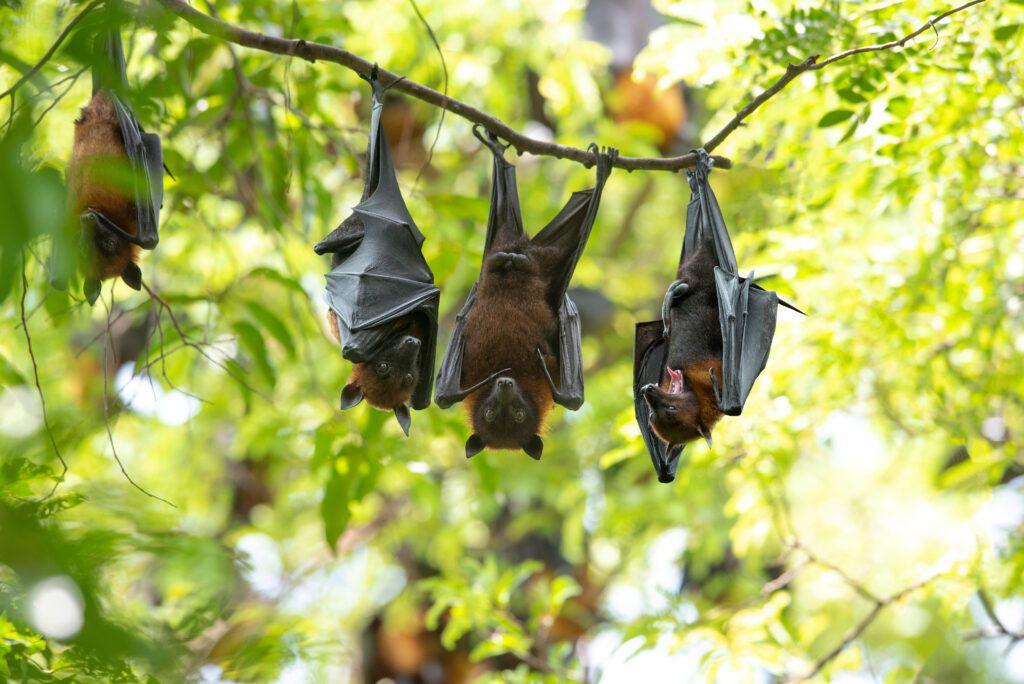Potential outbreaks associated with the ban of ethylene oxide
Ethylene oxide is a fungicide and insecticide, also used for surface disinfection (for its antimicrobial effect). Its use as plant protection product is prohibited in the EU, the reason being that the chemical is carcinogenic, mutagenic and reprotoxic (teratogenic).
Mono-n-hexyl phthalate (MnHexP) found in the urine of numerous people
The detection of mono-n-hexyl phthalate (MnHexP) in urine samples has raised significant concerns regarding its potential health and environmental implications.
Cell-cultured cocoa

As the traditional cocoa growing areas along the Equator are threatened by climate change, alternative sources of cocoa are needed.
High levels of toxic PFAS and PFOS in freshwater fish

A new analysis of federal data by the Environmental Working Group (EWG) suggests that wild caught, freshwater fish in the United States are more contaminated with toxic PFAS chemicals than commercially caught ocean fish.
Rare earth elements in the food chain
The increasing use of rare earth elements (REEs) in many industrial sectors and in medicine is causing releases into the environment, which eventually lead to their introduction into the food chain.
Concerns about sweeteners

Concerns have recently been raised about several sweeteners. Below is a brief overview of the most important news.
Emerging issues related to pesticides

We constantly identify new issues about pesticides. Here we provide a brief summary of the most important cases.
Gloves used in the food industry are often contaminated

Billions of imported protective gloves arrive in the United States with potential chemical and microbiological contaminants, without any inspection procedures. For gloves used in the food industry, there is no requirement to be clean and intact, or be tested on arrival for chemical or microbiological contaminats.
Emerging Henipaviruses pose increasing threat

Hendra and Nipah viruses, both emerging zoonotic pathogens, exhibit alarming mortality rates in both human and animal populations.
The risks of giving probiotics to preterm babies

The FDA has issued a warning regarding the potential risks of probiotics given to preterm infants, following the death of an infant who received probiotics in the hospital.
